If you notice wet stains lining the inside of your car, first check if any previous passengers had spilled their drinks. And if not, then it's time for you to look closely at your car's air conditioner. But don't fret, for we asked professionals who are knowledgeable in the subject matter of why your air conditioner is leaking.
Most professionals advise you to stay calm and that a few drops of water are not worth losing sleep over. After all, water leakage is more common than you think, and usually, there's nothing to be concerned about. But if it's leaking heavily inside or outside of your car and there's an accompanying smell, then it's best to have an expert take a look.
In this article, we will discuss why it's normal in most cases for your car air conditioner to leak water and when you should be concerned about it. We will also discuss the common causes of air conditioning leaks and how to clean up afterward.
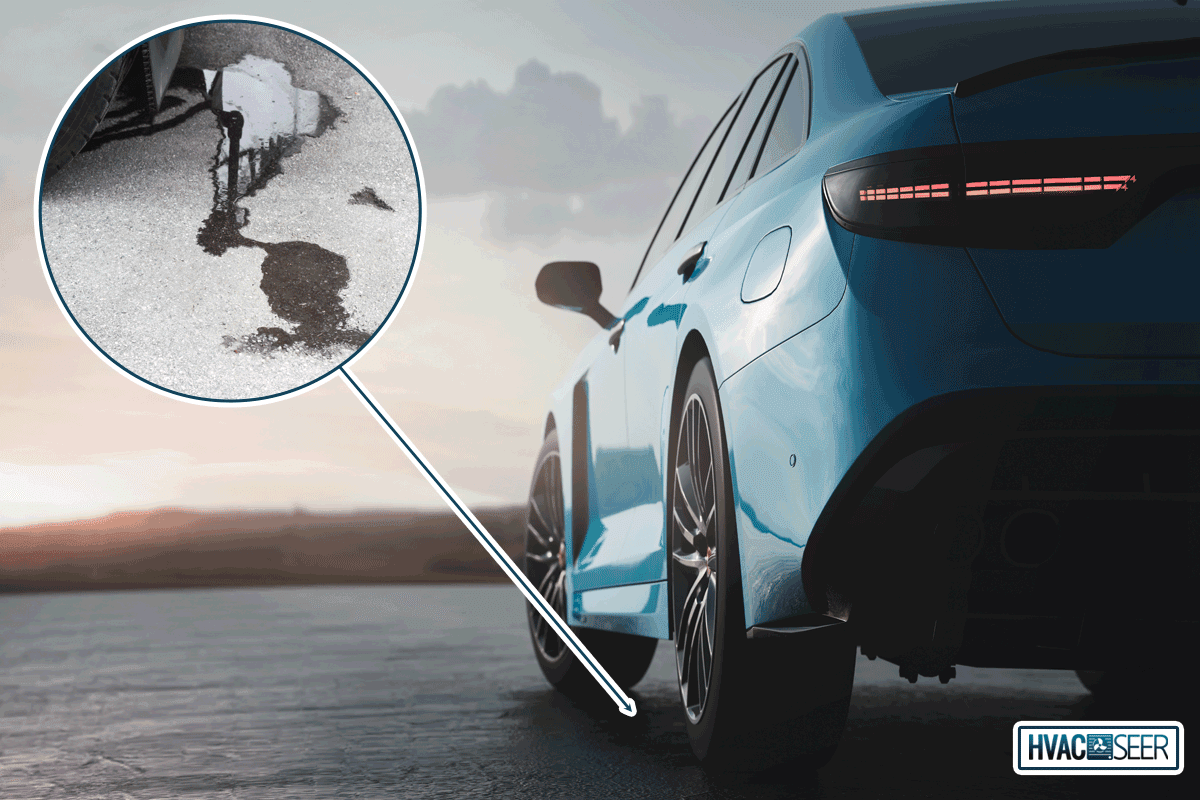
How Much Water Is Normal?
If you notice water dripping from underneath your car or small patches of water stain appear on your car's mats and flooring when the temperatures outside are soaring high, then condensation is most likely the cause. Likewise, water can also leak from your car's air conditioner when it's too cold outside, a result of frozen coils.
A few drops of water are fine and don't warrant cause for concern. However, when the water leaking out becomes excessive and forms a puddle, your worries are well founded.
When that happens, it's best to call a professional. Often, it might just be a minor problem that's not worth the trouble of calling someone. However, whether it's something you can ignore or not, you will only be aware of that with a professional's help, so it's best to take heavy water leakage seriously.
Water Leakage
If, for some reason, you're unable to call a professional to determine whether or not you have a severe problem on hand, there are ways to check.
First, determine where the water leakage is occurring. And second, check whether or not the water dripping out has any color to it and if there's a weird smell accompanying it.
Water Leaking Outside The Car
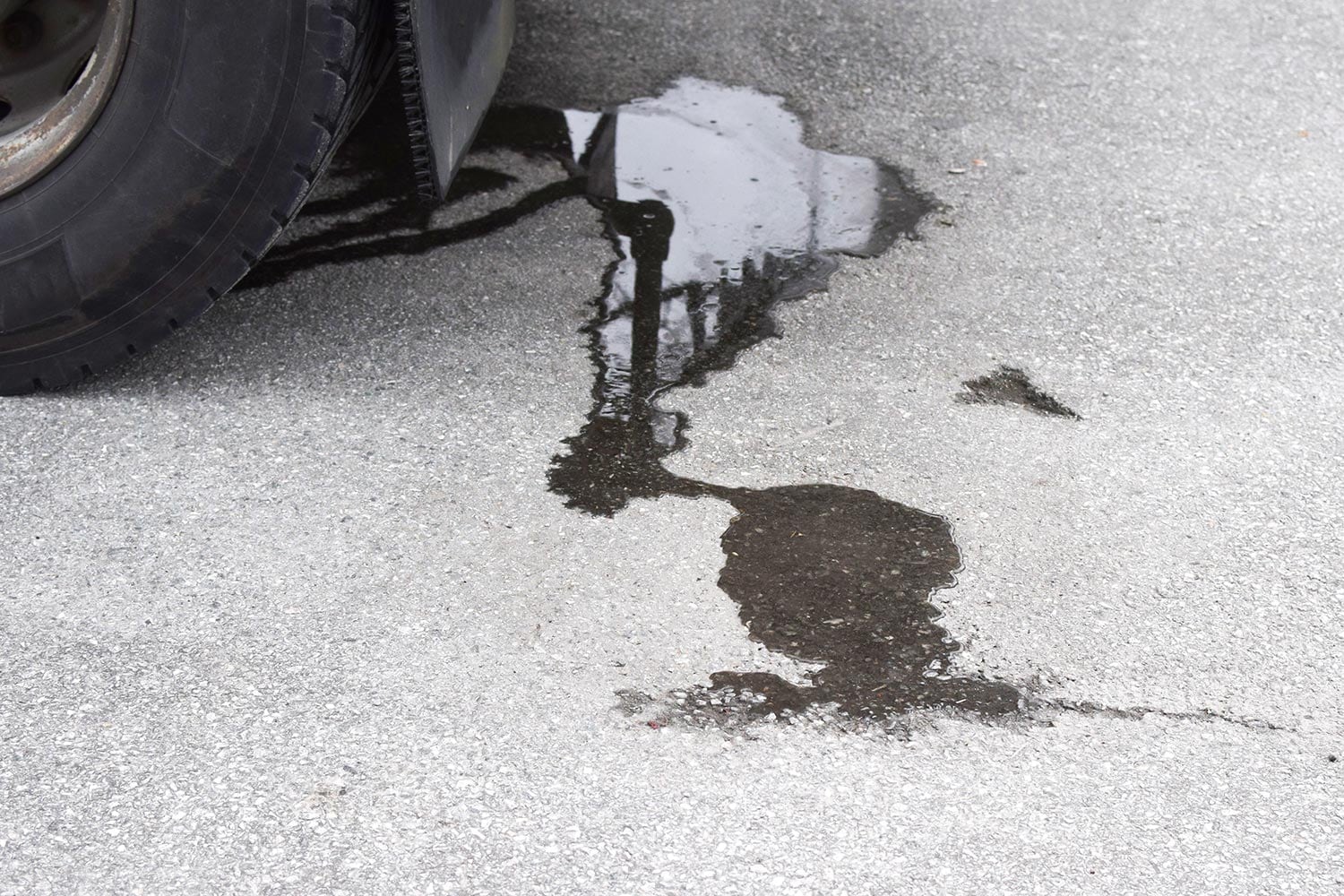
This is a normal occurrence one can expect, especially on days when it's hot outside and you have the car's air conditioner turned up. So if you see water dripping onto the pavement, don't worry, as this is how the air conditioner inside your vehicle releases extra moisture during use.
And as stated earlier, a few drops is nothing for you to be concerned about. But if the water leaks are increasing in volume or regularity, then it's time to have your vehicle checked out by a professional. Worst case, that water leak may not be water at all.
Water Leaking Inside The Car
Unless someone spills their drink inside your car, this is an issue that you must take seriously. Water leaks inside the car's cabin are a sign that there is a problem at hand.
One example of why water is leaking into your car's cabin is that there may be holes in the roof or the vehicle due to corrosion.
Another example is that the windows have been installed poorly, causing water to leak inside. And if it's due to the air conditioner, there are a few common causes that lead to water leakage.
Common Causes Of Car Air Conditioner Leaks
We all know that our car air conditioning is integral to the vehicle. Not only does it help regulate the temperature inside the car, but it also helps keep you comfortable at all times. When water leaks from under the front of the vehicle or inside the car's cabin, these are the most common causes.
Clogged Condensate Drain Pipe
If water leaks into the car's interior, the condensate drain is most likely blocked by dust and small debris. This prevents the pipe from doing its job of draining water outside the car.
To unblock it, you must shake and carefully squeeze out any debris that may have gotten inside the pipe. Be careful, though, or else you risk damaging the pipe itself. Call an auto air conditioning expert to do it for you, to be safe.
Condensate Drain Not Properly Attached
Earlier, we talked about how the condensate drain pipe is responsible for draining water outside the car. Water will certainly leak inside the vehicle if it's not installed correctly.
Leaving the drain pipe blocked can cause severe damage to the car's AC system. And when that happens, a simple water leak would be the least of your issues.
To fix this, all you need to do is attach the drain pipe to the ventilation system. And like earlier, don't hesitate to call in a professional to get this job done to prevent any mishaps.
Broken Condensate Drain Pan
The condensate drain pan's job is to catch all the excess water and drain it outside the car. As a result, it's not uncommon for it to rust and wear down due to age. Getting into a car accident can also cause it to break.
Also, stray leaves and debris can get into the drain pan and cause a blockage. This can also contribute to significant wear and tear and an overflow of water into the car's cabin.
Simply replacing it would solve the issue. Have professionals do this for you.
Low Refrigerant Level
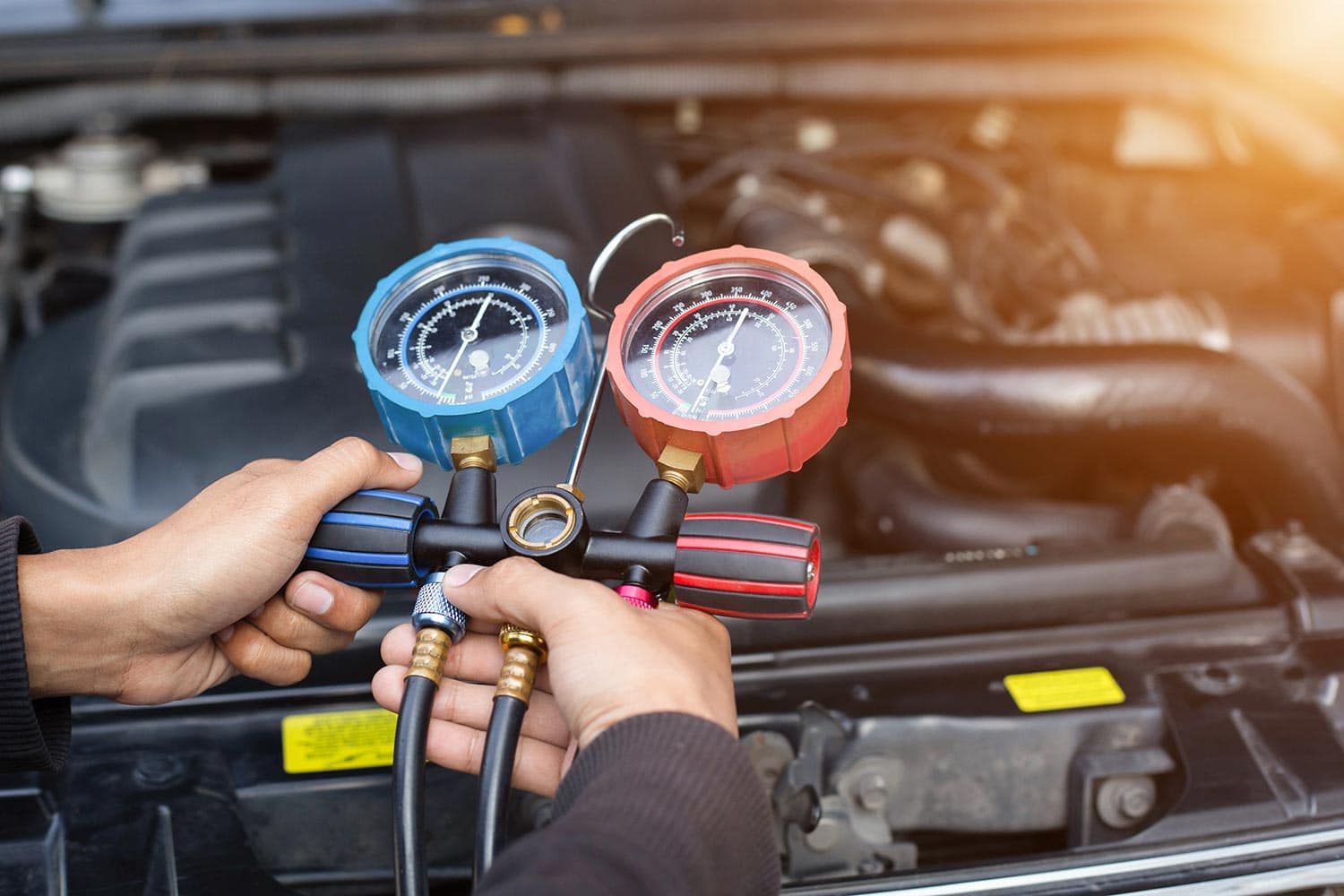
If you notice that your car's air conditioning has been blowing warm air instead of cool air, then it's time to replenish its refrigerant. A car needs a certain amount in its system to maintain its ability to circulate cool air.
Low refrigerant levels will cause a car's air conditioning to work harder, forcing it to decrease the pressure on the AC system. And when that happens, the evaporator coils will start to freeze. This then causes the drain pan to overflow and leak water into the car's cabin.
When you notice that your car's air conditioning isn't blowing enough cool air as before, bring it to a service station. It's best to have professionals deal with this issue and replenish your car's refrigerant.
Coolant Leak
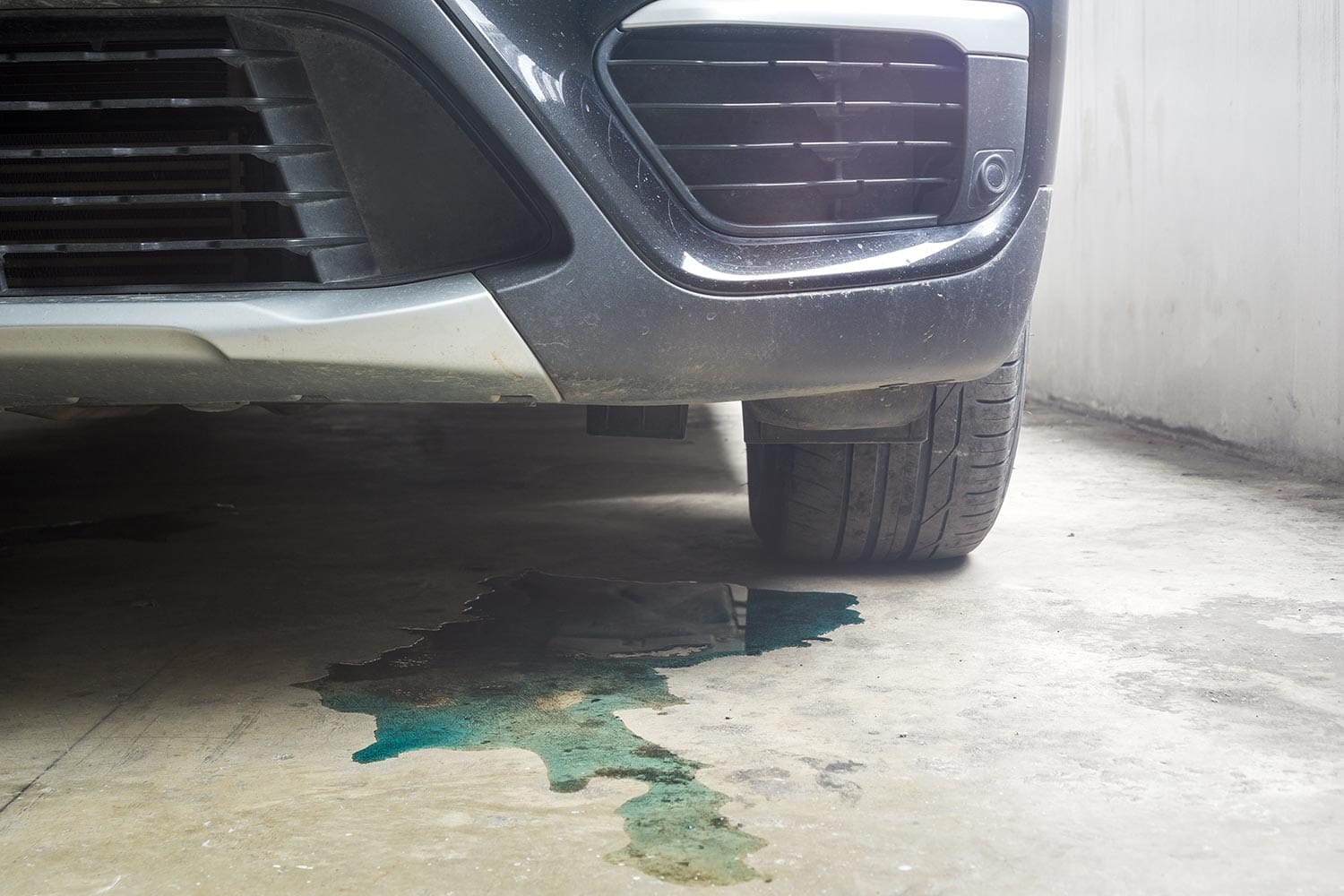
When you notice that the water leaking into the car's cabin has some color and is accompanied by a chemical smell, immediately contact a professional. This is likely caused by coolant leaking out and mixing into the car's AC system.
And while this might not be the case, this issue should be checked out immediately. Leakage with any color and smell must be resolved directly.
Dirty Filters
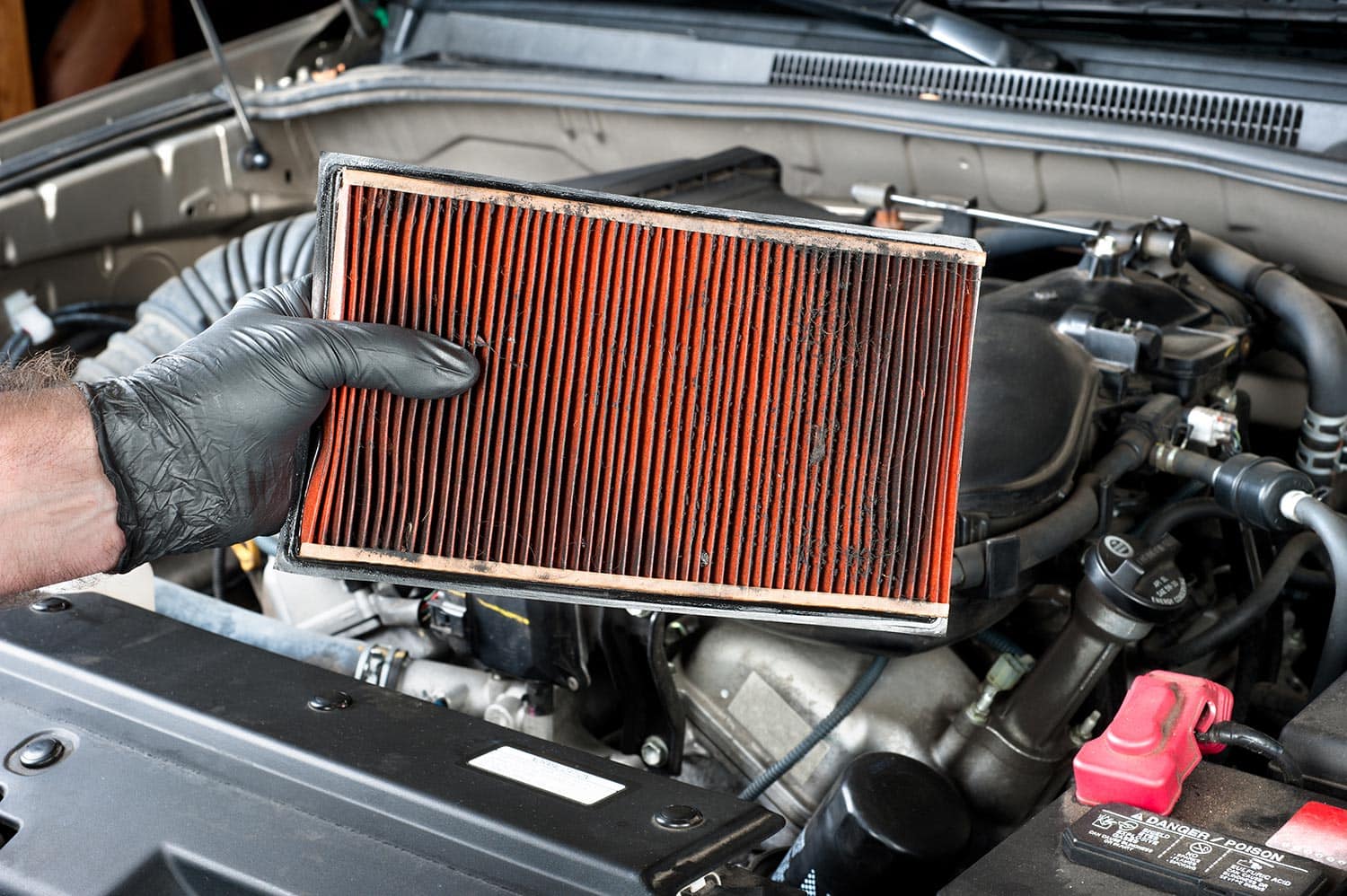
It would be best if you had your car's air conditioning checked and serviced at least once a year. This is to prevent dust and dirt from clogging the filters. If left unchecked, those particles will clog up the filters and cause the evaporator coils to freeze, leading to water leakage inside your car's cabin.
Driving your car to the nearest service station is the best way to avoid this problem. It's best to leave this to the professionals, as cleaning a car's filter requires more work and knowledge than you might realize.
Cleaning An Air Conditioner Water Leak
Make sure to remove all the carpet and mats drenched due to water leakage. Then, let them dry out completely while you soak up any excess water left inside the car. This is to prevent mold and mildew from growing.
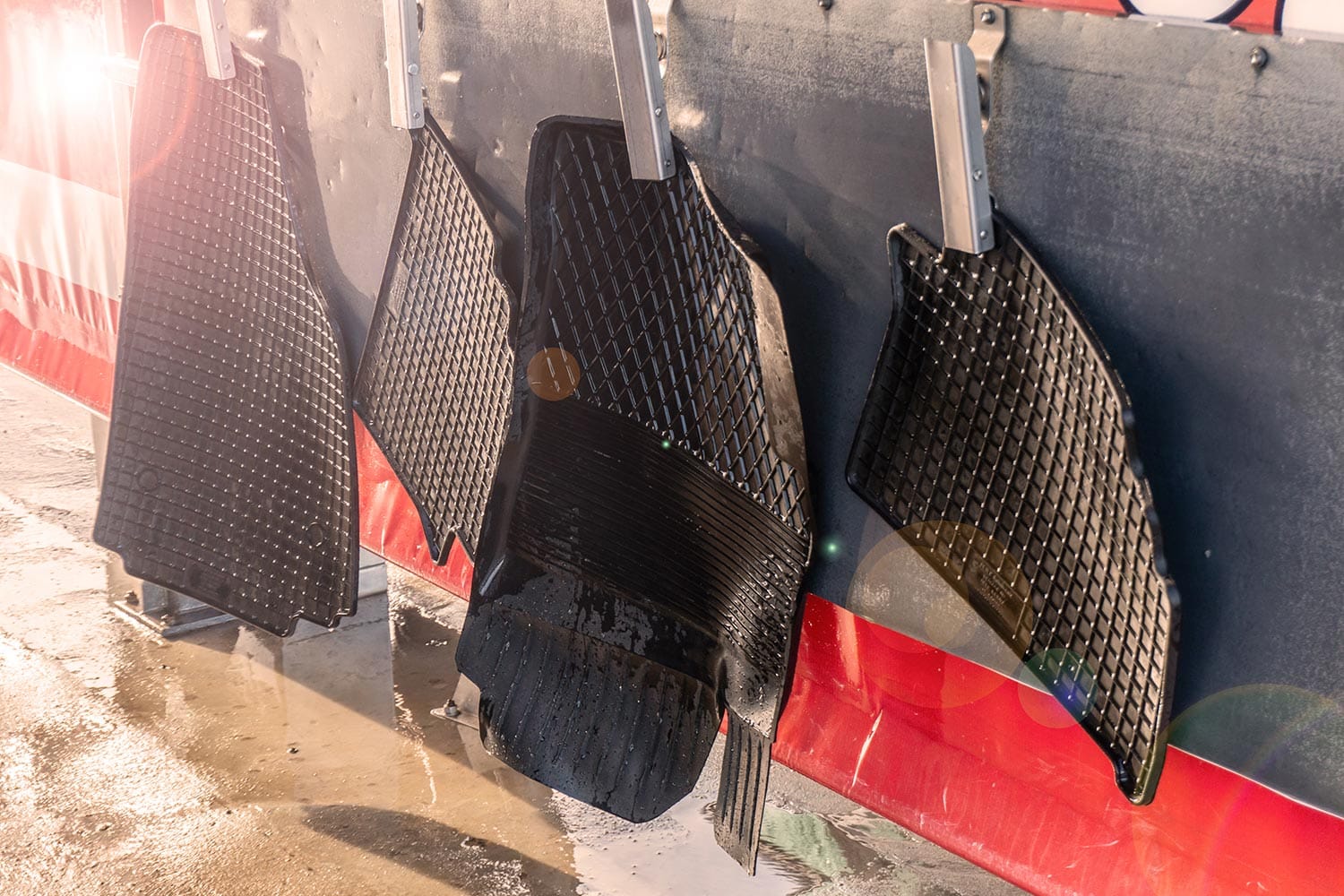
Mold and mildew thrive in damp and humid places without much sunlight. And if left unchecked, they can leave a foul odor inside your car. So, ensure to take care of any wet stains you might find inside your cabin to prevent this.
Check this car freshener on Amazon.
Check this mold and mildew remover on Amazon.
In Closing
Remember, don't be alarmed when you see your car's air conditioning leaking water. Keep calm and check whether or not it's an issue worth worrying about. Call in a professional if you want someone's advice on the matter.
If you like this article, consider clicking the links below. They will give more information on questions that you might still have.


